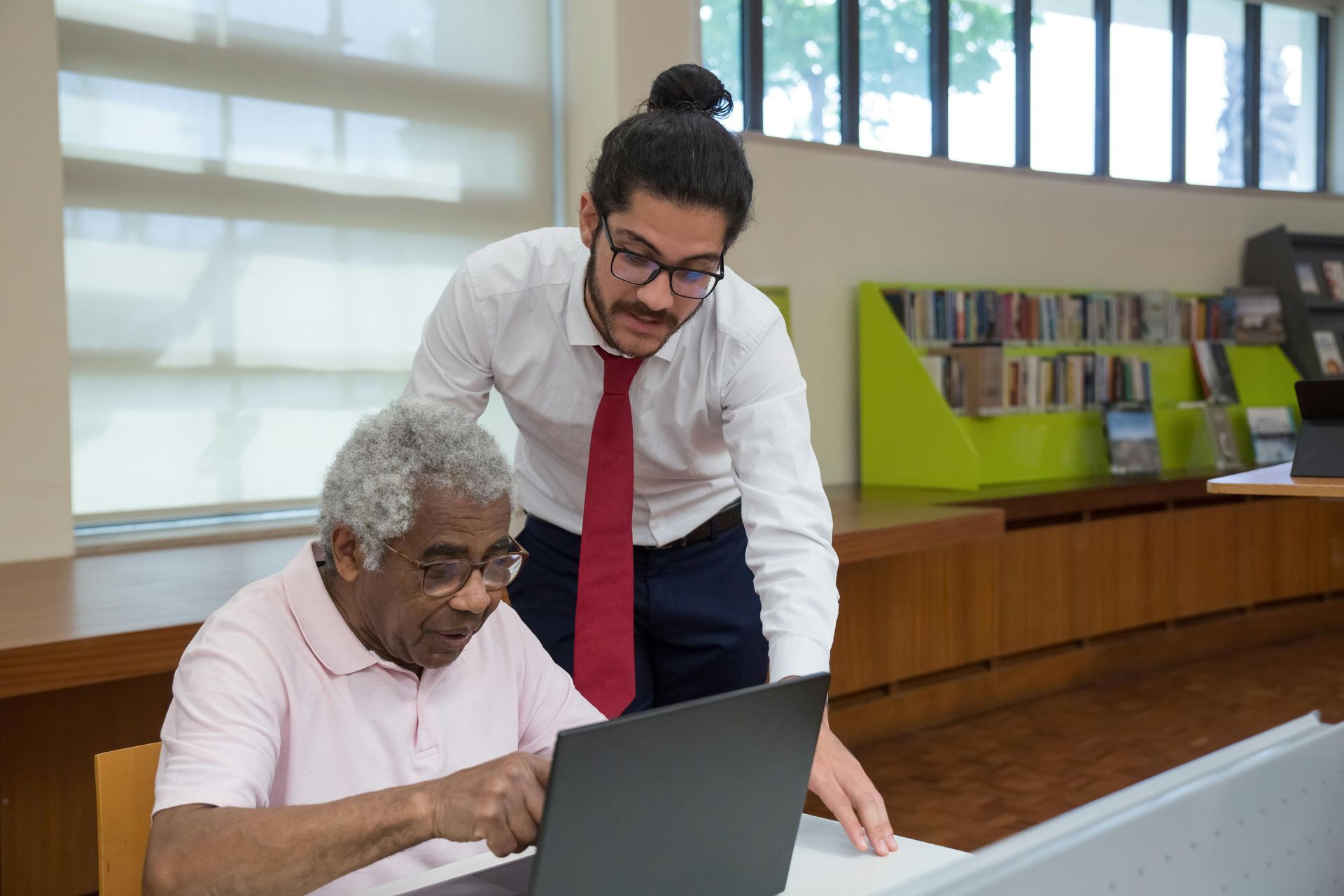Caring for a loved one with a disability is an ongoing journey that requires patience, dedication, and access to the right resources. While seeking help is the first step, understanding how to sustain and enhance the quality of care over time is just as important.
In our previous discussion, we explored the fundamentals of seeking help for individuals with disabilities—identifying needs, professional support, and available resources. Now, we take a deeper dive into creating long-term support systems, advocating for rights, and ensuring holistic care for individuals with disabilities.
1. Developing a Long-Term Care Plan
A structured long-term care plan ensures that individuals with disabilities receive continuous support tailored to their evolving needs. A good care plan should include:
- Medical and Therapeutic Support: Regular checkups with healthcare professionals, access to medications, and therapy services.
- Daily Living Assistance: Personal care, mobility support, meal preparation, and household management.
- Financial and Legal Planning: Accessing disability benefits, setting up trusts, and ensuring future care arrangements through legal documentation.
- Emotional and Behavioral Well-Being: Ensuring access to counseling, behavioral therapy, and social interaction opportunities.
Care plans should be regularly reviewed and updated to adapt to changing circumstances.
2. The Role of Advocacy and Rights Protection
Many individuals with disabilities face challenges related to accessibility, discrimination, and inadequate support services. Advocacy plays a crucial role in ensuring that their rights are protected and their voices heard. Some key areas of advocacy include:
- Legal Rights and Accessibility: Ensuring compliance with the Americans with Disabilities Act (ADA) and other legal protections.
- Educational Rights: Access to Individualized Education Programs (IEPs) and appropriate learning environments.
- Workplace Inclusion: Advocating for equal employment opportunities and workplace accommodations.
- Healthcare and Insurance: Fighting for equitable access to healthcare services and necessary medical treatments.
Families and caregivers can connect with advocacy groups to gain guidance on legal rights and resources for individuals with disabilities.
3. Building a Stronger Support System
Providing care for a loved one with a disability is not a journey that should be taken alone. A strong support system improves the quality of life for both the individual and their caregivers. Key elements of a support network include:
- Family and Friends: Open communication, shared responsibilities, and emotional encouragement.
- Community Support Groups: Local and online communities offer shared experiences, advice, and guidance.
- Professional Care Services: Partnering with professionals who specialize in mental health and developmental disabilities ensures access to expert care.
By strengthening these support systems, individuals with disabilities can lead more independent and fulfilling lives.
4. Exploring Future Opportunities for Independence
While support and care are essential, empowering individuals with disabilities to live independently whenever possible is equally important. This can be achieved through:
- Vocational Training and Employment Programs: Encouraging skill-building and job placement in inclusive work environments.
- Assistive Technology: Using technology to enhance communication, mobility, and daily living.
- Independent and Assisted Living Programs: Finding housing solutions that offer the right balance of support and autonomy.
Final Thoughts
Navigating disability care is a continuous process that requires education, planning, and the right resources. Whether you are a caregiver, family member, or advocate, taking the time to build a sustainable care strategy ensures long-term well-being.
If you need expert guidance and compassionate care services, visit www.globalhandsinc.com to learn more about available support options.










